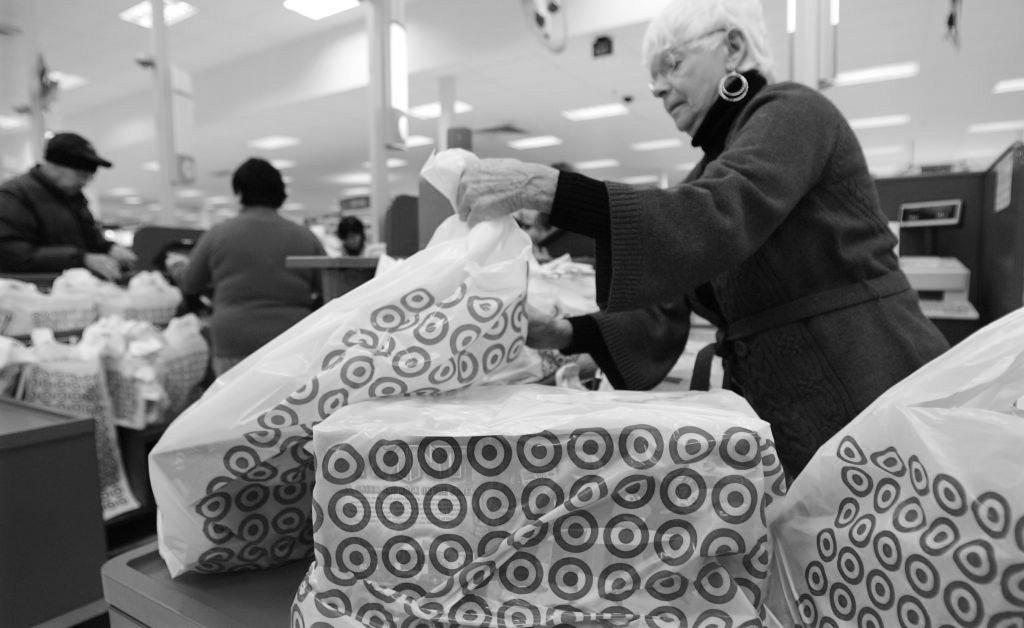By Angelina Liang
Addendum Editor
On Nov. 4, two propositions, Prop 65, which proposed that fees collected from single-use plastic bags be used to fund environmental projects, and Prop 67, which suggested a complete and permanent ban, were on the ballot for Californians to vote on. Prop 65 was not passed, but Prop 67 was successfully enacted. California should be praised for their sensitivity to environmental issues. As the first state to approve such a measure, it should be an example to the rest of the nation to follow.
According to the Huffington Post, plastic bags take as long as 1,000 years to biodegrade. In this time, ocean life, such as pelicans and sea otters, are trapped and suffocated in plastic bags in an upwards of 100,000 marine life deaths per year. The Environmental Protection Agency (EPA)found that in many parts of the ocean,there is 46 times more plastic than available food in the ocean for these marine animals.
“In the Los Angeles area alone,” wrote Nicole D’Alessandro in her EcoWatch article, “ten metric tons of plastic fragments, like grocery bags, are carried into the Pacific Ocean every day.”
But these bags harm more than just marine life. As plastic bags break down, they produce toxic chemicals that are absorbed by our oceans and earth, ingested by animals, and distributed throughout the food web. Because of this, in 2004, a study conducted by the United States Center for Disease Control and Prevention found that over 92 percent of people over the age of six tested positive for bisphenol A (BPA), a chemical used in polycarbonate plastic. At these levels, BPA can disrupt, mimic, and alter natural hormone production in the human body.
Plastic bags, named by Guinness World Records as the “most ubiquitous consumer item in the world,” have been banned nationwide in Bangladesh, China, and Italy. Yet the United States, home to the third leading plastic manufacturing industry, has failed to enact its own nationwide – or even any statewide – ban of plastic bags.
However, individual parts of the country have enforced their own plastic bag bans. In these places, the amount of littered plastic has declined significantly. SanFrancisco, which became the first U.S. city to enforce a plastic bag ban in 2007, saw a 90 percent decrease in litter clogging up storm drains within the first year.
Plastic bags are not indispensable. The alternative to them has long been offered. Now, instead of offering plastic as an option, many stores have turned to offering reusable bags. At checkout, grocery and retail stores such as Trader Joe’s, Ralph’s, and Target now offer reusable bags for purchase for as low as 99 cents each.
Though the transition away from plastic bags will take time, effort, and money, it is necessary to protect both environmental and human health. It should be in the interest of all states to promote these values, and take the first steps to become a greener society.


